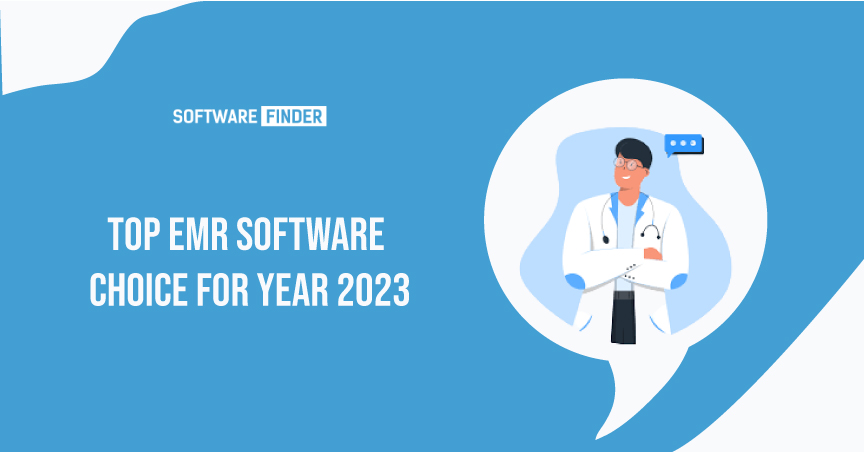Electronic Medical Records (EMR) software are computerized systems that enable healthcare providers to manage and store patient information electronically. These systems have revolutionized the healthcare industry by improving the accuracy, safety, and efficiency of patient care. With the rise of technology, there are several EMR software in the market today. In this report, we will discuss the top four EMR software that healthcare providers can consider.
Table of Contents
Epic EMR
Epic EMR is one of the most widely used EMR software in the United States. This software is renowned for its interoperability, customization, and user-friendly interface. Epic EMR is used by several renowned healthcare providers, including Mayo Clinic, Cleveland Clinic, and Kaiser Permanente. The software can be used on a variety of devices, including smartphones and tablets, and it offers a range of features, including:
- Patient data management: Epic EMR enables healthcare providers to manage and store patient information, including medical history, test results, and medications.
- Clinical decision support: The software provides clinical decision support tools, such as alerts and reminders, to help healthcare providers make informed decisions.
- Revenue cycle management: Epic EMR includes revenue cycle management tools that help healthcare providers manage billing, claims, and insurance.
- Population health management: The software enables healthcare providers to track and manage the health of patient populations.
Cerner EHR
Cerner EHR is another widely used EMR software in the United States. The software is known for its scalability, interoperability, and real-time data access. Cerner EMR is used by several large healthcare providers, including the Department of Veterans Affairs, Adventist Health, and Duke University Health System. The software offers a range of features, including:
- Patient data management: Cerner EMR enables healthcare providers to manage and store patient information, including medical history, test results, and medications.
- Clinical decision support: The software provides clinical decision support tools, such as alerts and reminders, to help healthcare providers make informed decisions.
- Revenue cycle management: Cerner EMR includes revenue cycle management tools that help healthcare providers manage billing, claims, and insurance.
- Population health management: The software enables healthcare providers to track and manage the health of patient populations.
Allscripts EMR
Allscripts EMR is a comprehensive EMR software that is designed to meet the needs of small to medium-sized healthcare providers. The software is known for its user-friendly interface, customization, and interoperability. Allscripts EMR is used by several renowned healthcare providers, including New York-Presbyterian, Rush University Medical Center, and Sharp HealthCare. The software offers a range of features, including:
- Patient data management: Allscripts EMR enables healthcare providers to manage and store patient information, including medical history, test results, and medications.
- Clinical decision support: The software provides clinical decision support tools, such as alerts and reminders, to help healthcare providers make informed decisions.
- Revenue cycle management: Allscripts EMR includes revenue cycle management tools that help healthcare providers manage billing, claims, and insurance.
- Population health management: The software enables healthcare providers to track and manage the health of patient populations.
Meditech EHR
Meditech EMR is a cloud-based EMR software that is known for its scalability, interoperability, and user-friendly interface. The software is used by several renowned healthcare providers, including Massachusetts General Hospital, Children’s National Hospital, and Johns Hopkins Hospital. The software offers a range of features, including:
- Patient data management: Meditech EMR enables healthcare providers to manage and store patient information, including medical history, test results, and medications.
- Clinical decision support: The software provides clinical decision support tools, such as alerts and reminders, to help healthcare providers make informed decisions.

